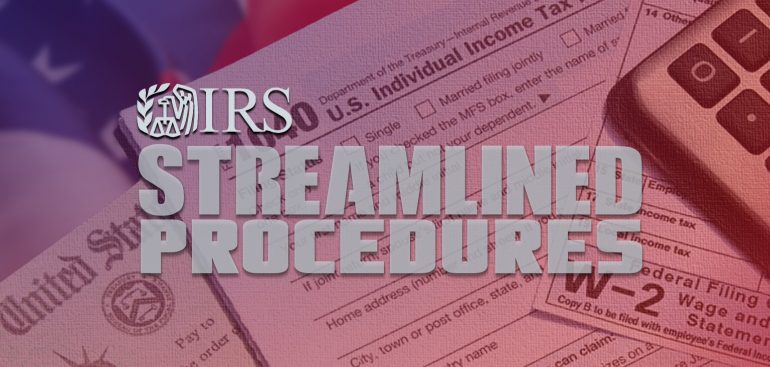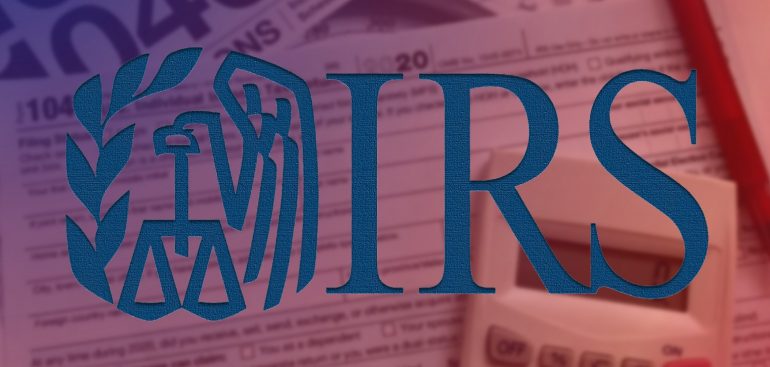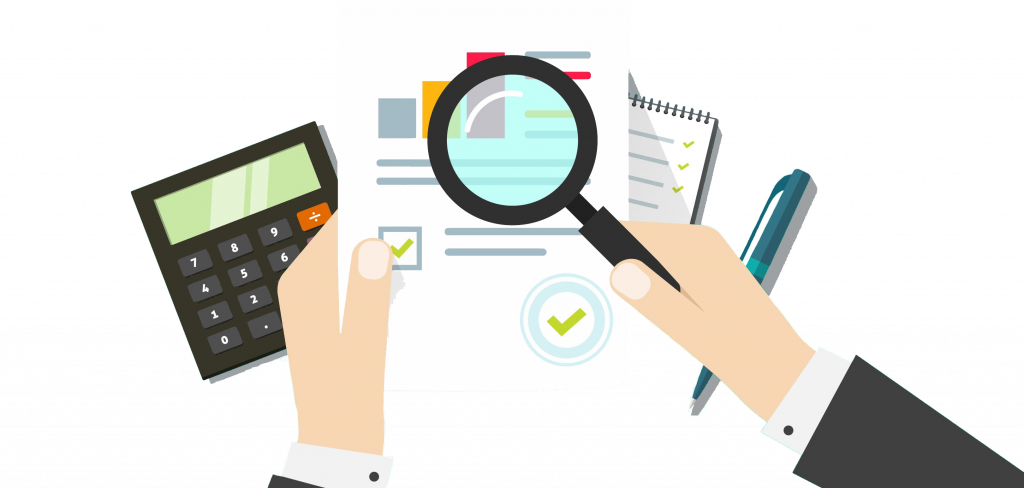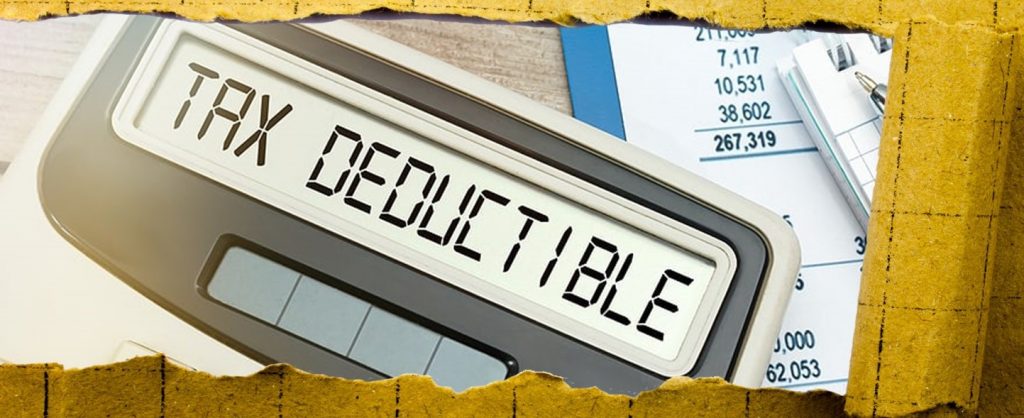Expats can be found all over the world, whether in the United States, Italy, Canada, or Mexico. They are the ones who prefer to enjoy life and go out into the world to challenge the world with their talents and appreciate the beauty that it has to offer. However, other expats are solely in the country for work reasons, which is extremely inspiring given that you have to leave your entire life behind for a simple job that could transform your life drastically. Many expats who leave the United States are unaware that the United States is one of two countries that force expatriates to pay taxes regardless of where they live as U.S. citizens. The streamlined filing compliance procedures (“streamlined procedures”) describe below in detail.
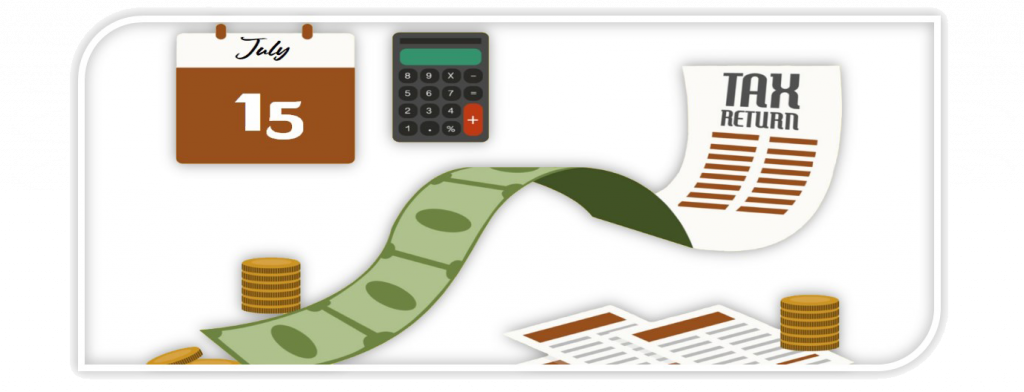
When you move to a new country, it’s easy to lose sight of your previous responsibilities. Many expats have not submitted their tax returns in the 10 or five years since they left. It is critical to file your tax returns when travelling outside of the United States in accordance with U.S. tax rules. In 2012, the IRS introduced a new approach known as the streamlined filing compliance procedures to assist foreigners in catching up on their taxes without incurring any penalties. The streamlined procedure is ideal for expats who want to file all of their prior tax returns without stress.
What are the Streamlined Filing Compliance Procedures?
As previously stated, streamlined filing compliance procedures were designed in 2012 to assist expats in catching up on their taxes for past years. It is a method for expats to avoid penalties and fines when submitting previously unpaid taxes. Before you worry about anything else, the first and most crucial step is to catch up on your U.S. expat taxes as well as your foreign bank account reports (FBAR). The IRS streamlined filing compliance procedures and delinquent FBARS procedures can be used to do this. All of this information can be overwhelming to hear and comprehend; leave the stress to us, and our experienced Tax Preparer team will submit all of your U.S. expat taxes.
How Do I Know if I Qualify for A Streamlined Filing Procedure?
To qualify for the streamlined procedures, you must present documentation that you have been living in a separate country and were not advised that you were required to file your taxes in both the United States and the nation in which you are living. This can be accomplished by mailing a signed form known as Form 14653, which validates your status as unknown and contains other forms that will all be mailed as a package.
What Steps Should I Take to Complete the Streamlined Filing Compliance Procedures?

This is what you need to do next if you qualify for a streamlined procedure:
- The first step is to file your income tax return for the most recent three tax years. This necessitates the preparation of your documents.
- The second stage is to file the most recent six years of FBAR forms. If you were reporting for a single year, you would generally only file FBAR if the total of your non-US bank accounts amounted to more than $10,000 at any point throughout the year. However, because you are filing for six years under the streamlined procedure, you must file FBAR regardless of whether you meet the $10,000 requirement. The FBAR forms are only intended to be submitted online.
- The third and most crucial step is to submit your signed Form 14653, which certifies that you are an expat living outside of the country, that you are a U.S. citizen, and that you were unaware that you were required to file taxes while living outside of the country.
How to Prepare for the Streamlined Procedure?
To prepare for the streamlined procedure, we recommend that you hire an experienced Expat Tax Accountant in the United States to help you file all of your FBARs and other program-required forms. All they would need are your tax returns for the previous years and your foreign financial accounts for the last six years.
What if I Do Not Qualify for the Streamlined Procedures?
If you were notified that you are obligated to file your taxes as a U.S. citizen while living outside of the United States, you do not qualify for the streamlined procedures.
To remedy this, the IRS provides another service that can assist you in catching up. The IRS Criminal Investigation Voluntary Disclosure Program, for example, or the Delinquent FBAR Submission Procedures. Contacting a U.S. Expat Tax Accountant who can assist you identify the right program for your case is your best option.
Contact SDG Accountants, which offers U.S. Expat Tax Services and has numerous professional tax accountants all around the world. Make an appointment for a consultation today using the link below!

